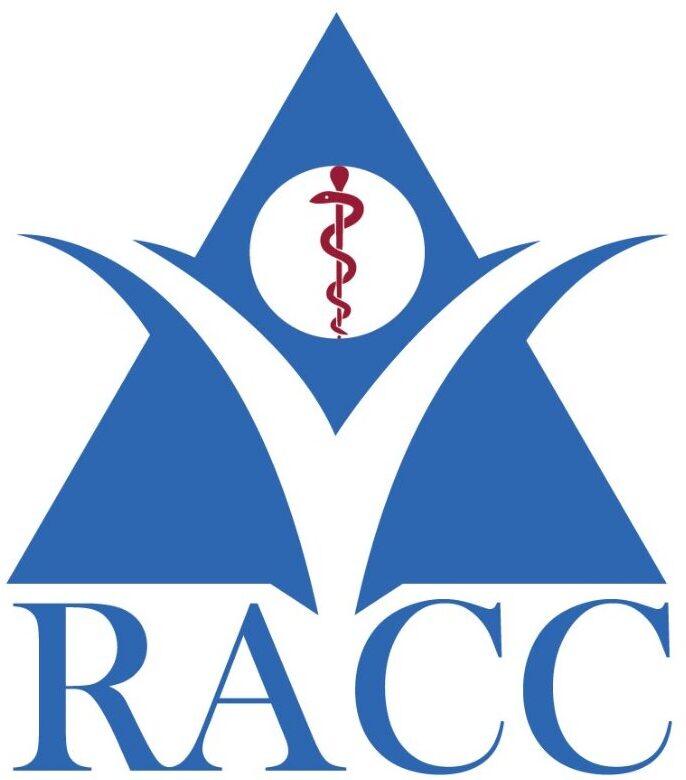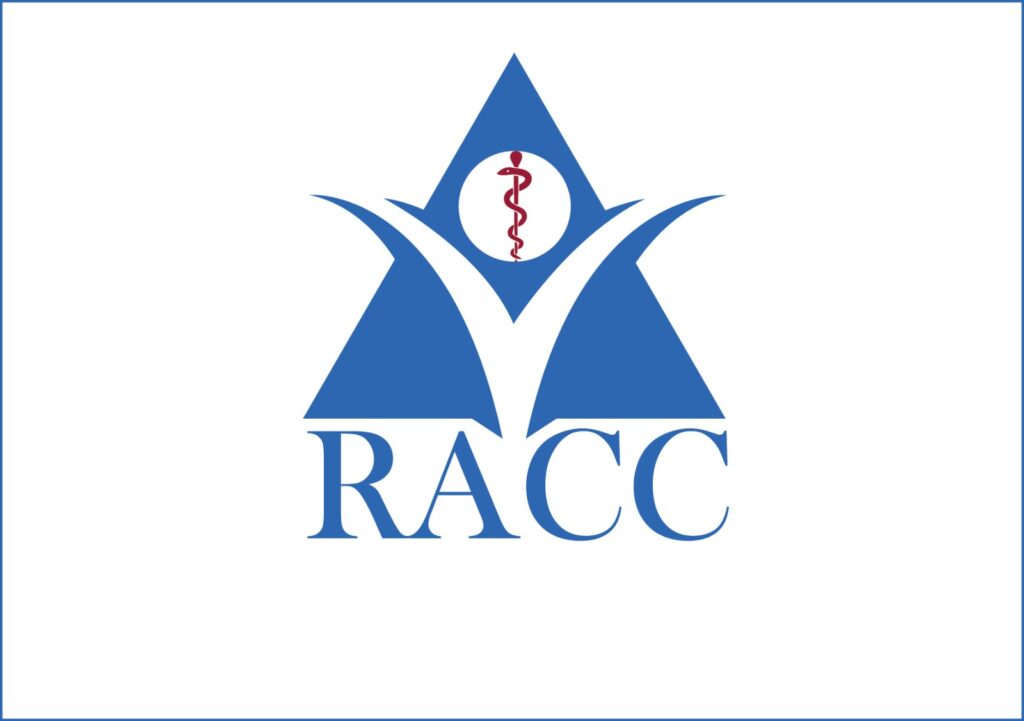Multi Organ Failure (MOF), also known as Multiple Organ Dysfunction Syndrome (MODS), is a complicated health issue. It happens when many organs stop working. When this occurs, it is very serious for a person’s health. Understanding and raising awareness about what causes multi organ failure is very important. Knowing the triggers helps in treating and, hopefully, preventing such situations. Treatment and prevention can only improve if more people know about what causes multi organ failure. Health professionals are always working on ways to stop it early, giving people better chances if this problem occurs.
Decoding Multiple Organ Dysfunction Syndrome
Multi Organ Dysfunction Syndrome is when different body parts start to fail one after the other. This usually happens in a chain reaction. Imagine your body’s organs as team players. When one organ has trouble, others might start having problems too. That’s the nature of multi organ failure. It is crucial to understand the difference between organ dysfunction and complete failure. Organ dysfunction means the organ is not working well but not completely shut down. Failure, on the other hand, means an organ stops working altogether. MODS can be a slow and step-by-step issue. It doesn’t usually happen all at once. First, an organ defaults, and soon others follow. It’s a gradual but serious process that healthcare specialists work to identify early. This understanding helps in identifying what causes multi organ failure so better care plans can be set up.
Major Causes Leading to MODS
There are several common reasons why multi organ failure can start.
- Severe infections like sepsis are a leading cause. This infection hits many organs at once.
- Serious injuries or trauma can also set the stage.
- Cardiovascular events, such as heart attacks, can lead to widespread organ trouble.
- System-wide effects, called hypoperfusion and hypermetabolism, play a big role. Hypoperfusion means there isn’t enough blood flow to organs. Hypermetabolism means the body’s using up energy too fast, leaving organs tired. These cause organs to slowly start failing. What’s tricky is these factors often team up, making the issue more severe. These are crucial in understanding what causes multi organ failure so that ways to control them can be developed.
The Sequential Cascade of MODS Development
Understanding which steps lead to full multi organ failure can illuminate ways to prevent it. It usually starts with a primary insult, such as an injury or infection. This triggers SIRS (Systemic Inflammatory Response Syndrome), setting off a cascade of organ failure. The immune system plays a starring role in organ harm, as it tends to go overboard, sending inflammation throughout the body. Initially, the lungs are often the first organ to suffer. They are sensitive and usually get affected first. Once one organ begins to fail, others quickly follow, marking the full onset of MODS. By mapping this path, recognizing what causes multi organ failure becomes clearer, allowing for advanced interventions.
Identifying Risk Factors for MODS
Recognizing potential risk factors is vital for preventing multi organ failure. Chronic diseases, like diabetes or heart disease, increase risk. Age is a major factor—aging bodies are more vulnerable. Genetic predispositions also play a part, making some people more susceptible than others. People with pre-existing organ damage are more at risk. Immune system disorders amplify susceptibility, making it harder to fend off initial insults, such as infections or trauma. Recognizing these factors can aid families and doctors in understanding what causes multi organ failure and employing preventive care strategies.
Recognizing Conditions Associated with MODS
Certain conditions often link directly to multi organ failure. Cancer treatments, for instance, can stress the body enough to trigger MODS. Acute respiratory distress and liver failure are other common associations. For those with multiple traumas or congenital conditions, the risk rises. Seeing how these conditions connect to MODS can help doctors plan treatments better. It is essential for patients and families to know about what causes multi organ failure so that they can plan and prepare mentally and medically.
Methods of Diagnosing Multi Organ Failure
Figuring out multi organ failure involves a mix of methods. Doctors will often conduct evaluations and an array of lab tests to get a clear picture. These tests look at how organs are functioning and whether they are slowing down. Imaging helps too. It shows detailed pictures of organs and can spot issues early. Monitoring, such as watching vital signs, helps catch problems before they worsen. However, diagnosing early isn’t always easy. Technology is getting better, making earlier identification of what causes multi organ failure possible. The goal is to start treatment before the situation escalates.
Current Therapeutic Approaches for MODS
Treating multi organ failure focuses on handling the initial trigger and providing organ support. Addressing the cause is the first step, like treating an infection or repairing an injury. From there, doctors offer supportive care. This can be mechanical support, like machines that help the lungs or heart work. Medical treatment, such as medications, can boost organ performance. Surgical options might be necessary too. The idea is to stabilize each organ the best way possible, so they can continue functioning. Understanding these treatments helps identify solutions to what causes multi organ failure.
Preventative Measures Against MODS
Preventing multi organ failure is about early intervention and smart healthcare choices. Early treatment of infections, like sepsis, can prevent other organs from becoming affected. Managing chronic diseases is vital too. They can weaken organs over time. Ongoing research in genetic therapy offers hope for high-risk individuals. Quick medical responses can reduce damage and improve recovery chances. Regular check-ups help catch potential problems, and lifestyle changes, like better diet and exercise, make a big difference. Awareness of what causes multi organ failure can drive these preventive actions.
Understanding Recovery and Prognosis
Recovery from multi organ failure depends on various factors. Age, cause of failure, and general health all play a role. Long-term complications are possible, especially if organs suffered significant damage. The rehabilitation process involves therapy and ongoing medical care. Families and patients should set realistic expectations about recovery time. Understanding the road to recovery helps people understand what causes multi organ failure, planning effectively for future health needs.
Concluding Thoughts on MOF Awareness and Action
This blog provides valuable insights into what causes multi organ failure, from triggers to treatment. It’s crucial to have ongoing discussions about individual risk factors with healthcare providers. Education is key. It leads to better preparedness and potentially lifesaving strategies. By knowing more about this complex health issue, we can all play a part in future breakthroughs and improved health outcomes.



